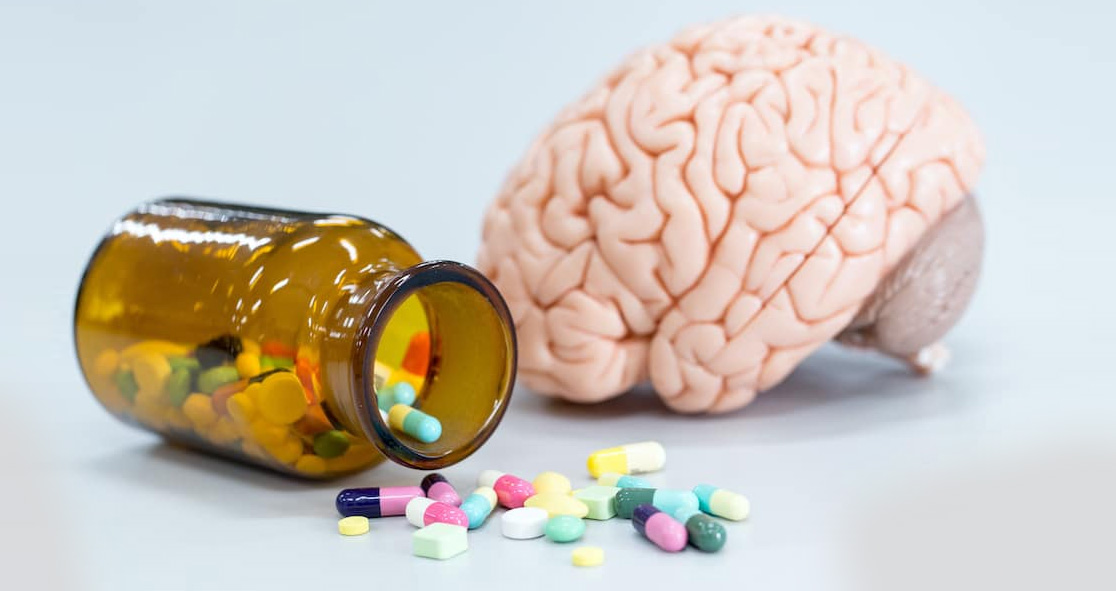Nootropics, aka smart drugs, is the newest drug fad among people who are looking to give a boost to their cognition and mood.
These drugs promise to enhance a healthy mood, augment mental speed and alertness, improve memory, and reduce brain fog. Nootropics are sold as dietary supplements with a variety of attractive names, which are divided into prescription drugs and OTC supplements.
Prescription nootropics include modafinil (Provigil), armodafinil (Nuvigil), Adderall, methylphenidate (Ritalin), memantine (Axura), among others. OTC nootropics include caffeine, racetams, L-theanine, creatine, Rhodiola Rosea, Panax ginseng, among others.
Nootropics can influence certain neurotransmitters or brain chemicals, especially GABA (gamma-aminobutyric acid). This “puts the breaks on your emotions and anxiety,” according to Jason Stevenson, a registered dietitian with the University of Miami Health System. “More GABA probably means you’re calmer.”
“The effectiveness and safety of each of these ingredients need to be confirmed with more research,” he added, according to umiamihealth.org.
Some studies have shown that a few nootropic supplements do affect the brain, but there is a lack of evidence from large, controlled studies to show that they consistently work and are completely healthy or safe.
For instance, one study on smart drugs found that there is not enough evidence to indicate that they are safe, healthy, and effective for people. Besides, the study pointed out a few ethical concerns.
Like any supplement or drug, there is a potential risk of side effects and drug interactions. So, you should speak with your doctor about the safety and efficacy of any nootropic before taking it, especially the prescription one.
Not all nootropics are recommended by doctors and some may adversely interact with your other medications. So, please speak with a doctor before trying any prescription smart drug.
Doctors say that the best way to boost your brain function is to get enough sleep, eat a healthy diet, exercise regularly, and manage stress.
Stevenson said, “You need to ‘EARN’ your physical, mental, and emotional health. That stands for Exercise, Attitude, Rest and Recovery, and Nutrition.’”
“Food first’ should be the philosophy when it comes to treatment,” he added. “Consider what you eat before you start taking a supplement unless there’s a clinical deficiency that your dietitian can identify.” If you are thinking about starting a brain-boosting supplement to your healthy lifestyle, Stevenson recommends speaking to a dietitian. Make sure you seek professional help so you can understand whether nootropics are healthy for you.























